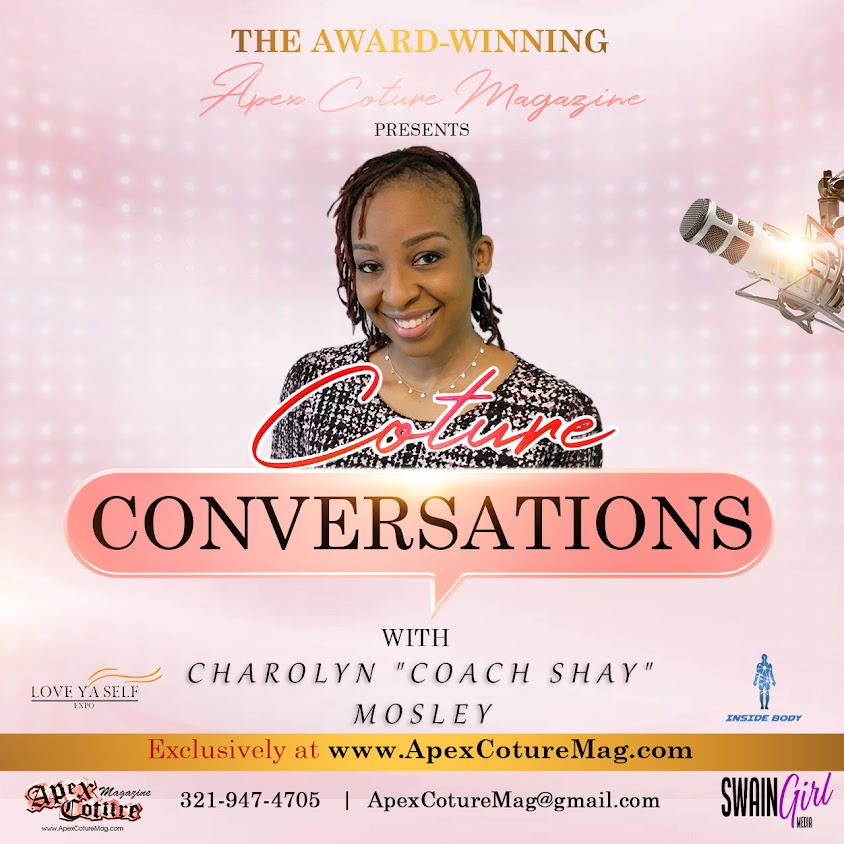In a world where police have the green light to swab arrestees’ cheeks for DNA and – at least in some cases – test DUI suspects’ blood without consent, it might be surprising to learn that courts have any qualms at all about police pulling drivers over based on anonymous tips.
But so they do. The Supreme Court has long been suspicious of police searches or seizures based on tips from callers who don’t give their names. On Tuesday, the court will revisit that issue for the first time in a decade when it hears a case presenting this question: Can police stop a driver based on nothing more than an anonymous tip that he or she was driving recklessly?
The case, Navarette v. California, raises important doctrinal questions about the 4th Amendment. But it also has practical implications in the road-rage era. After all, someone willing to shout obscenities at another driver could just as easily call 911 and say that driver is weaving all over the road. That scenario cuts to the heart of Tuesday’s case: Can such callers be trusted? More to the point, can they be trusted enough to justify a police stop?
Navarette began with a 911 call in California. The caller reported that a silver Ford pickup truck had just run her off the road.
The dispatcher relayed that information to police, and officers soon spotted a silver Ford pickup with a license plate matching the one the caller had reported. Officers followed the pickup for a few minutes and didn’t see any signs of reckless driving. Nonetheless, they pulled the pickup over. Inside they found two men, Lorenzo and Jose Navarette – along with four large bags of marijuana.
The men pled guilty to drug charges. But they also challenged the legality of the police stop. The officers, they argued, did not have reasonable suspicion to pull them over based on nothing more than an anonymous tip of reckless driving.
The case is now before the Supreme Court, and – as in so many cases – the outcome boils down to how the court chooses to read one of its earlier decisions.
In 2000, in Florida v. J.L., the court ruled that police could not stop and search a teenager at a bus stop based only on an anonymous tip that he had a gun. Justice Ruth Bader Ginsburg, writing for the court, explained that police have to have reasonable suspicion that criminal activity is afoot before they can search a suspect, and an anonymous tip – without more – doesn’t amount to reasonable suspicion. Instead, she wrote, police have to corroborate the tip; they have to have reason to think the tip is “reliable in its assertion of illegality.”
In reaching that result, Justice Ginsburg worried that letting police act based on uncorroborated anonymous tips would make it too easy for grudge-holders to use police as their instrument of revenge. The government argued in J.L. that firearms are so dangerous that tips about gun possession should automatically justify a search. Ginsburg rejected that argument, explaining: “Such an exception would enable any person seeking to harass another to set in motion an intrusive, embarrassing police search of the targeted person simply by placing an anonymous call falsely reporting the target’s unlawful carriage of a gun.”
At the same time, Justice Ginsburg left the door open to exceptions in other cases. She wrote, for example, that “a report of a person carrying a bomb” might be a case where the danger is so great that police can stop and search a suspect based on a pure anonymous tip.
In Navarette, the state of California – supported by the Obama administration – is trying to shoehorn reckless driving within Justice Ginsburg’s bomb exception. Police should be able to pull drivers over based on anonymous reckless-driving tips, the state argues, because reckless driving often means drunk driving, and that presents an immediate danger to the public.
The Navarettes, for their part, say this case is just like J.L. They say police should be required to corroborate the tip by following the driver and observing reckless driving. And, they point out, Justice Ginsburg’s concern about harassment is just as big a problem in this context: What’s to stop an angry driver from taking out his rage by calling in a bogus tip? “At least one person in virtually every car now on this nation’s roadways has a cellular phone, some prepaid and therefore untraceable,” they argue, “making instant anonymous tips available to almost everyone caught up in road rage.”
The court will decide the case by June. Whether anonymous tips trump the Fourth Amendment will turn on whether five Justices think reckless driving is uniquely dangerous – and whether they think it would be too much of a burden to make 911 callers give their names.








No comments:
Post a Comment